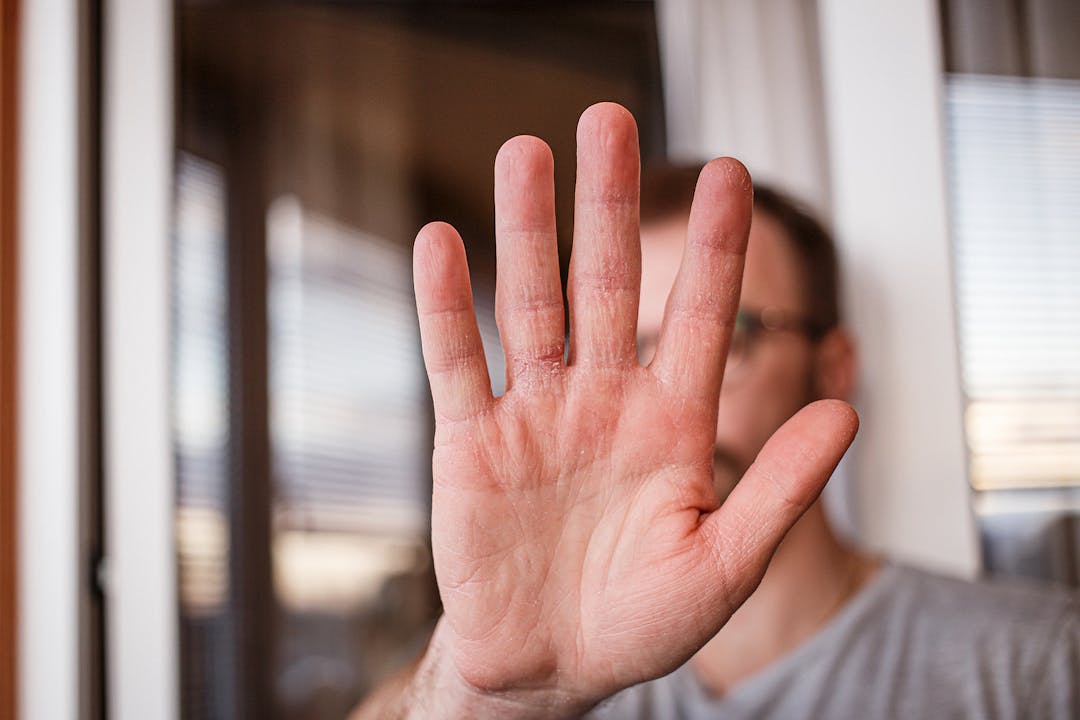
Show 1370: Winterizing Your Skin and Hair
Description
This week, dermatologist Chris Adigun joins us in the studio to answer your questions about how to treat your skin and hair when the weather gets cold. Cold wind, low humidity and forced hot air indoors can all conspire to dry out your skin. Call in your questions about winterizing your skin at 888-472-3366 between 7 and 8 am EST.
Managing Dry Skin in Winter:
Does eczema cause more trouble in the wintertime? Why do dermatologists see more folks with psoriasis, seborrheic dermatitis and dandruff when the weather turns cold?
We’ll discuss the effect of dry air, not to mention conscientious hand washing, on skin. Is there any way to mitigate these problems?
Even though a hot shower might seem inviting when it’s cold out, should we be limiting the number of times we enjoy that luxury? After all, hot water combined with some types of soap, shampoo or shower gel can remove oil from the skin and leave it vulnerable. If you are winterizing your skin, do you need a different type of cleanser or post-shower moisturizer?
Do You Wear Sunscreen in the Winter?
We often hear that we should apply sunscreen every day year round. But do you really need sunscreen when the sun is not high in the sky? What criteria should you use for sunscreen when you are winterizing your skin?
Why Does Your Skin Itch?
There are a lot of things that can cause itch. Dry skin may be itchy all by itself, while warm winter clothing can also be itchy for some folks. Plenty of people find that wool is intolerable because their skin reacts badly to it. What are the best alternatives?
Another possible cause of itching is scabies. These tiny mites burrow into the skin and cause an intensely itchy rash. Cases are on the rise in Europe and UK and are likely to become more common in the US in the next few months. They spread most easily when people are spending a lot of time indoors together. What are the best ways to avoid scabies, and how should they be treated?
Hat Hair and More Serious Problems:
Keeping your ears warm when the wind is howling can be a big challenge. A nice warm hat is a great start–but when you remove the hat after your commute, your carefully combed hair will probably look a fright. Probably that can be fixed by taking a few minutes with a comb. But what about hair loss? If you have noticed that your hair is thinning, what can you do about it?
Causes of Hair Loss:
Many people find that their hair becomes more sparse as they grow older. Men are usually aware that they may be prone to male-pattern baldness. However, women are also susceptible to hair loss as they age. Who can use minoxidil (Rogaine) and how well does it work? Are there advantages to low-dose oral minoxidil? Are there health problems that can contribute to hair loss? Some medications may trigger thinning. What can you do about that?
Alopecia Areata:
In the wake of the pandemic, however, there is a new cause of hair loss. Research shows that people who have recovered from a COVID infection may experience an autoimmune condition called alopecia areata (JAMA Dermatology, Jan. 10, 2024). In fact, they are nearly twice as likely to develop this disorder as people who have not had COVID. Because alopecia areata can cause patchy or widespread hair loss, it can be extremely distressing.
Treating Autoimmune Hair Loss:
Over the past few years, the FDA has approved two different treatments for alopecia areata. Dr. Adigun will explain who can benefit from them. What should you know about baricitinib and ritlecitinib? Are there other treatments that could help people with alopecia areata?
Winterizing Your Skin and Nails:
Winter is a time when many of us suffer with painful cracked fingertips. Typing or even buttoning a shirt can be extremely difficult when fingers have fissures. Frequent hand washing to avoid colds and flu may contribute. How can you keep your fingertips in shape despite cold weather? What about brittle nails? Are there moisturizers that can keep nails from splitting and breaking?
This Week's Guest:
Chris G. Adigun, MD, FAAD, is a board-certified dermatologist who practices both general dermatology and cosmetic dermatology at the Dermatology and Laser Center of Chapel Hill, NC. Dr. Adigun is devoted to increasing public awareness of skin cancer and the harmful effects of U.V. rays—both medical and cosmetic. She has an academic specialty in nail disorders.

Confidence
Thank you for sharing your thoughts about one of our products! Please focus on the product performance and quality. Please read our Privacy Policy and Terms of Use for more information about the review process.
